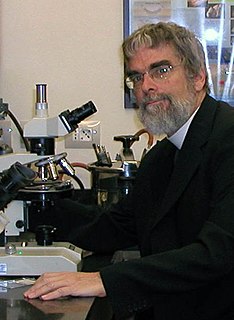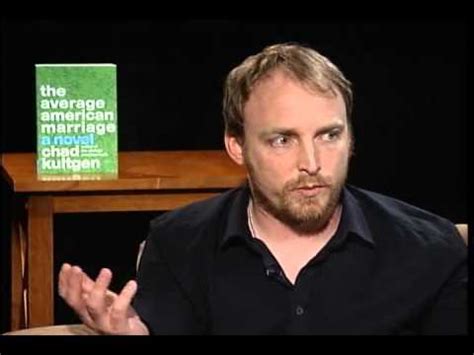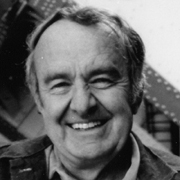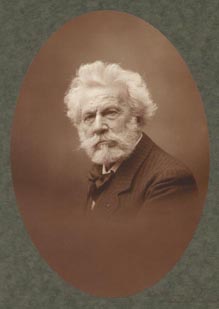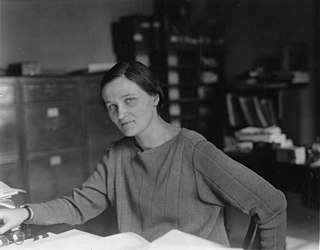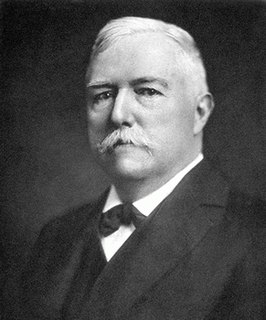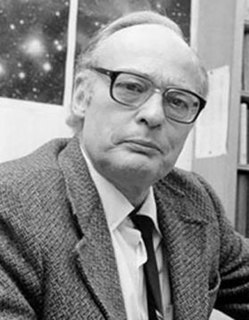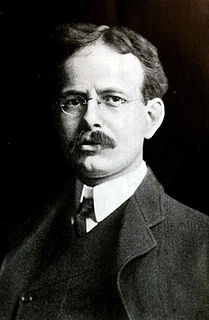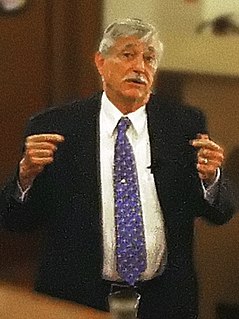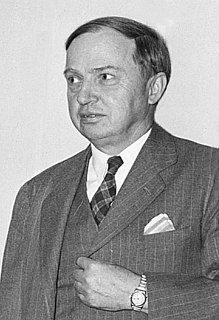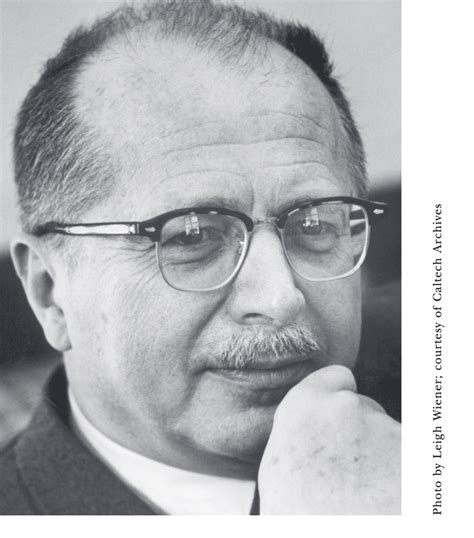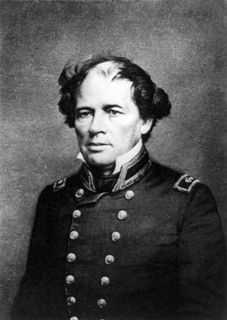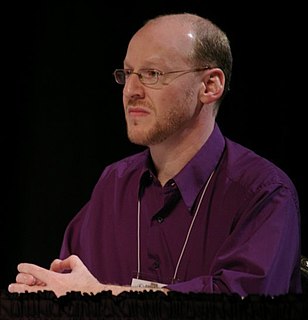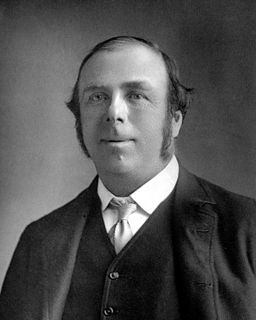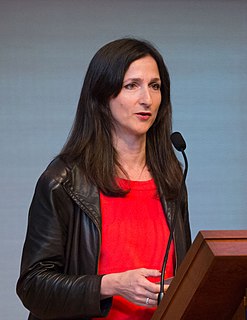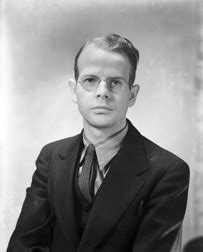A Quote by Guy Consolmagno
Studying the universe engages us in something bigger than ourselves. Science tries to describe, in terms we can only grasp intuitively, things that are beyond our intuition. . . . all we can hope for is that our physical descriptions, like a song or a good painting, are a faithful evocation of some ineffable truth.
Related Quotes
Truth is always stranger than fiction. We craft fiction to match our sense of how things ought to be, but truth cannot be crafted. Truth is, and truth has a way of astonishing us to our knees. Reminding us, that the universe does not exist to fulfill our expectations. Because we are imperfect beings who are self-blinded to the truth of the world’s stunning complexity, we shave reality to paper thin theories and ideologies that we can easily grasp – and we call them truths. But the truth of a sea in all it’s immensity cannot be embodied in one tidewashed pebble.
I often think that we are like the carp swimming contentedly in that pond. We live out our lives in our own "pond," confident that our universe consists of only the familiar and the visible. We smugly refuse to admit that parallel universes or dimensions can exist next to ours, just beyond our grasp. If our scientists invent concepts like forces, it is only because they cannot visualize the invisible vibrations that fill the empty space around us. Some scientists sneer at the mention of higher dimensions because they cannot be conveniently measured in the laboratory.
What I realized is that if we're going to be able to have a theory about what happens in, for example, nature there has to ultimately be some rule by which nature operates. But the issue is does that rule have to correspond to something like a mathematical equation, something that we have sort of created in our human mathematics? And what I realized is that now with our understanding of computation and computer programs and so on, there is actually a much bigger universe of possible rules to describe the natural world than just the mathematical equation kinds of things.
It is difficult to see ourselves as we are. Sometimes we are fortunate enough to have good friends, lovers or others who will do us the good service of telling us the truth about ourselves. When we don't, we can so easily delude ourselves, lose a sense of truth about ourselves, and our conscience loses power and purpose. Mostly, we tell ourselves what we would like to hear. We lose our way.
We do not accept a religion because it offers us certain rewards. The only thing that a religion can offer us is to be just what it, in itself, is: a greater meaning in ourselves, in our lives, and in our grasp of the nature of things...a religion exists for us only if, like a piece of poetry, it carries us away. It is not in any sense a 'hypothesis.
I think a good painting or a good work of art does many things it wants, I mean, maybe 15 or 20 or 100. One of the things a painting does is to make the room look better. It improves the wall that it's on. Which is much harder than it looks. And that's a good thing. And if one engages with a painting on that level, that's fine, that's great. After some time, familiarity, the other things that a painting does, the other layers, they just start to make themselves felt.
The significance of our lives and our fragile planet is then determined only by our own wisdom and courage. We are the custodians of life's meaning. We long for a Parent to care for us, to forgive us our errors, to save us from our childish mistakes. But knowledge is preferable to ignorance. Better by far to embrace the hard truth than a reassuring fable. If we crave some cosmic purpose, then let us find ourselves a worthy goal.
Prayer is not a way to get what we want to happen, like the remote control that comes with the television set. I think that prayer may be less about asking for the things we are attached to than it is about relinquishing our attachments in some way. It can take us beyond fear, which is an attachment, and beyond hope, which is another form of attachment. It can help us remember the nature of the world and the nature of life, not on an intellectual level but in a deep and experiential way. When we pray, we don't change the world, we change ourselves. We change our consciousness.
Be willing to take some risks in the areas of work and money. If we do only what we think we should do in order to make money and be secure, we won't listen to the intuitive voice that tells us to try something new, to be more creative, or to move on to the next step on our path. When we listen to our intuition and take some risks, we are not alone. The universe will support us and reward us for taking risks on its behalf!
Science is expanding, and with it our vision of the universe. although this new and constantly changing view may not always give us comfort, it does have the virtue of truth according to our most effective resources for acquiring knowledge. No philosophy, moral outlook, or religion can be inconsistent with the findings of science and hope to endure among educated people.
